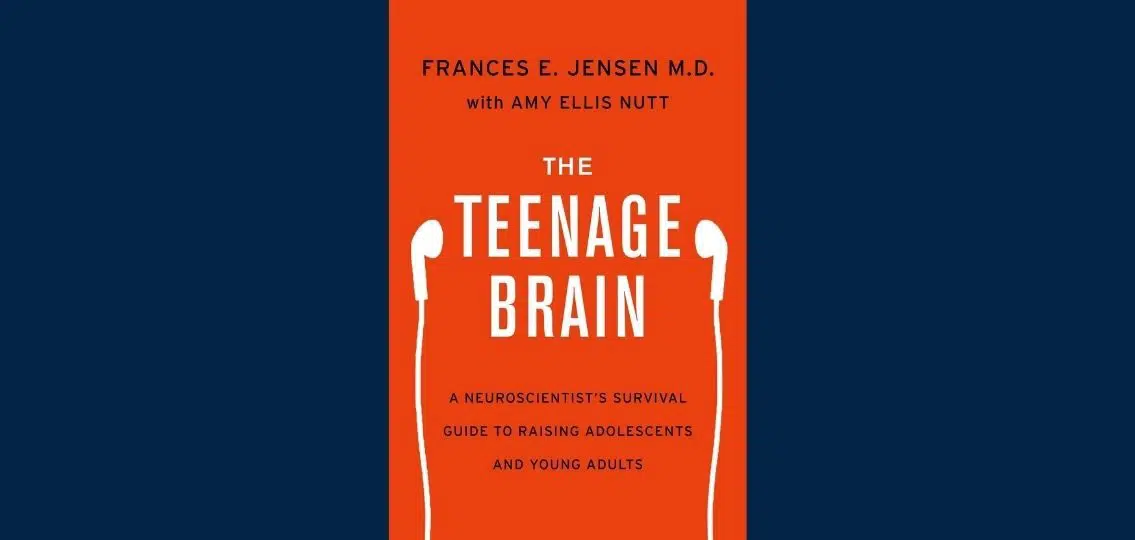Many teens see emotions as something that interferes with their lives and must be strictly controlled. These teens, some of whom I see in my practice, do not have a working understanding of the usefulness of emotions. Often, part of their therapy is educating them about the importance of emotions and why acknowledging them is useful.

Why We Have Emotions
First of all, your emotions reflect how you are feeling. They are not an external force; they do not come from the outside to torment you. If you are overwhelmed by an emotion, in essence that emotion comes from within you. And you need to consider the reason.
I do not mean to say that you are suffering on purpose. Rather, something about your life and how you are reacting to it is producing an emotion that is telling you that something is wrong. Most importantly, there is information in your emotion about what is wrong and about you can do about it.
Emotional Avoidance
Many of the teens I work with manage their emotions by ignoring them. They go about their lives as if they aren’t feeling anything. Not surprisingly, when they try to distract themselves from their emotions, it is completely ineffective and damaging.
What I see is that some teenagers have next to zero experience dealing with their emotions. This makes their emotions feel powerfully destructive and many teens are terrified of what can happen if they allow themselves to fully connect with their feelings.
A Healthy Cycle of Emotions
I like to explain the natural and healthy cycle of an emotion in the following way. Your teen has an experience that causes the onset of an emotion—happiness, sadness, confusion, anger, etc. They allow that feeling to be expressed and fully experienced by reflecting and understanding the reaction and why it was meaningful. Each experience is stored in a bank of personal experiences that helps a teen develop maturity and emotional intelligence.
As an adult, you can confront an emotion like disappointment and draw on a past experience to help you cope. For example, if you did not get your dream part in a play, you learned that the disappointment goes away over time. So when, as an adult, you don’t get your dream job, you have history; you dealt with disappointment in the past and survived so you know that you will survive this time as well.
We need to teach these skills to our teens. We need to help them so that in the future, they can deal with similar situations more effectively. If this process is blocked, then the initial experience that produced the emotion never loses is sensitivity and no learning is gained from it.

I find that accepting the fact that you have emotions, that they are a part of you, that they are a valuable source of information about you that you can use to improve your life is a big part of raising mentally stable and well-adapted teenagers.




